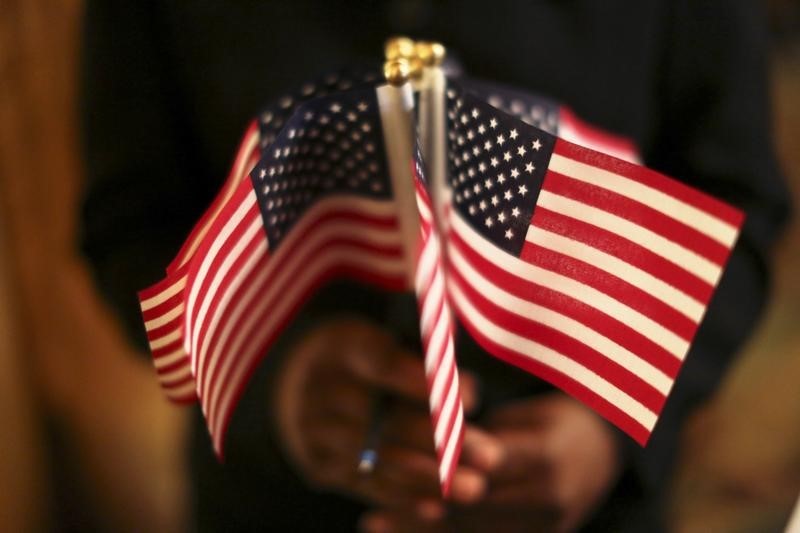(Reuters) - Civil rights groups have sued Missouri to prevent its new voter identification law from interfering with a local special election next month, saying the measure could disenfranchise voters.
The lawsuit seeks a court order blocking the law from remaining in effect during the July 11 special election for an alderman in St. Louis.
The lawsuit was filed on Thursday in the Cole County Circuit Court in Jefferson City by the American Civil Liberties Union and the Advancement Project on behalf of the NAACP and the League of Women Voters of Missouri.
Missouri has failed to provide necessary mandated funding for voter education, free voter IDs and birth certificates and training for poll workers since the new voting law came into effect on June 1, the ACLU said in the lawsuit.
"Voters were promised that this law was not about disenfranchising the most vulnerable in our state," said Tony Rothert, legal director of the ACLU of Missouri. "The state's lack of funding and implementation of this law tells another story."
Maura Browning, a spokeswoman for Missouri Secretary of State John Ashcroft, who is named in the lawsuit, declined to comment on Friday.
Ashcroft is on a tour around the state defending the law and explaining it to residents, the St. Louis Post-Dispatch said. The law had been misrepresented by the media, Ashcroft said, according to the newspaper.
The law, a ballot measure approved by voters in November, mandates stricter measures around showing a photo identification to cast a ballot.
"It is beyond unacceptable that the state of Missouri has launched a photo ID requirement while not even being prepared, trained, or properly funded for it," Denise Lieberman of the non-profit Advancement Project said in a statement.
"Missouri's highly restrictive photo ID law was designed to make it harder for people to vote."
Numerous states, mostly Republican-led, have moved to make voting laws more stringent in recent years, saying the measures are necessary to stamp out fraud and voting irregularities at the polls.
Opponents, including many Democrats, say the laws are discriminatory, particularly against minorities.
